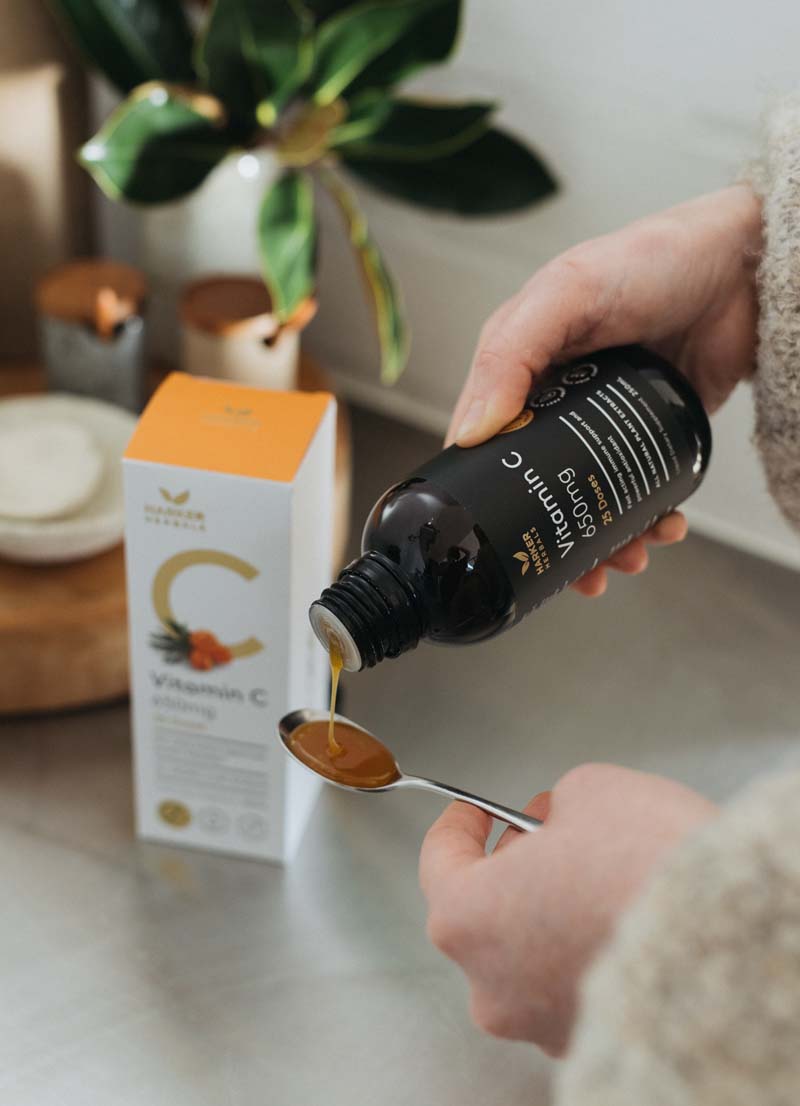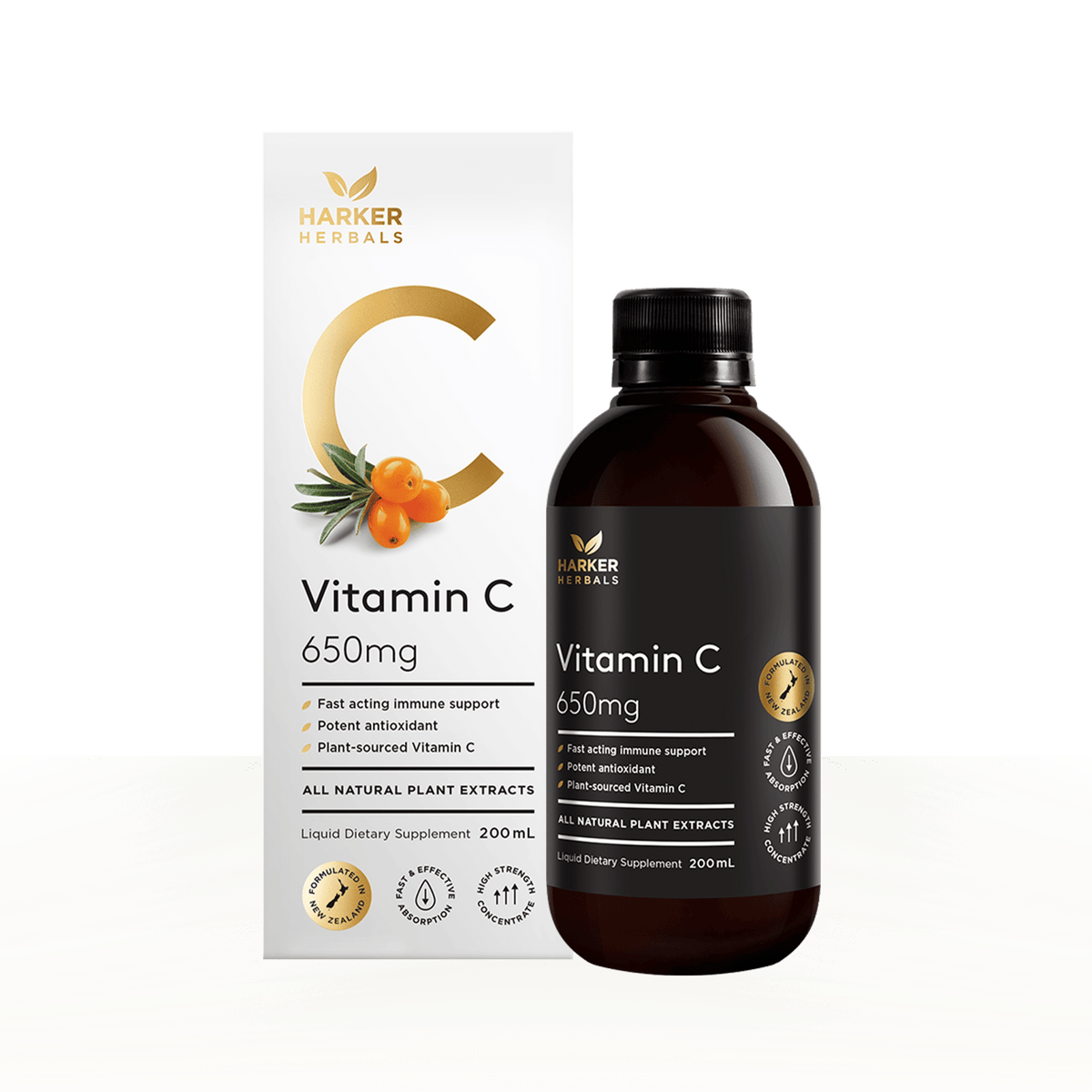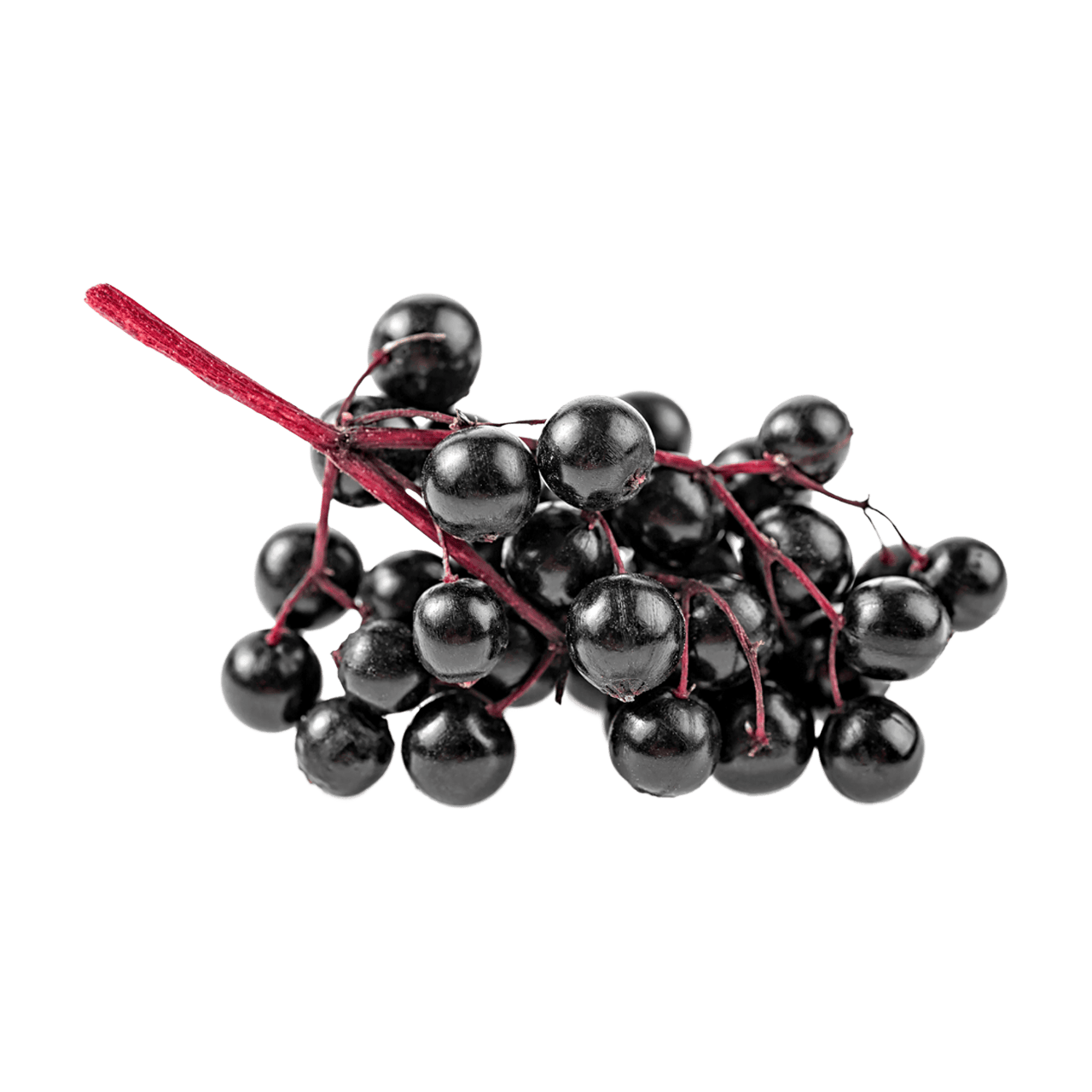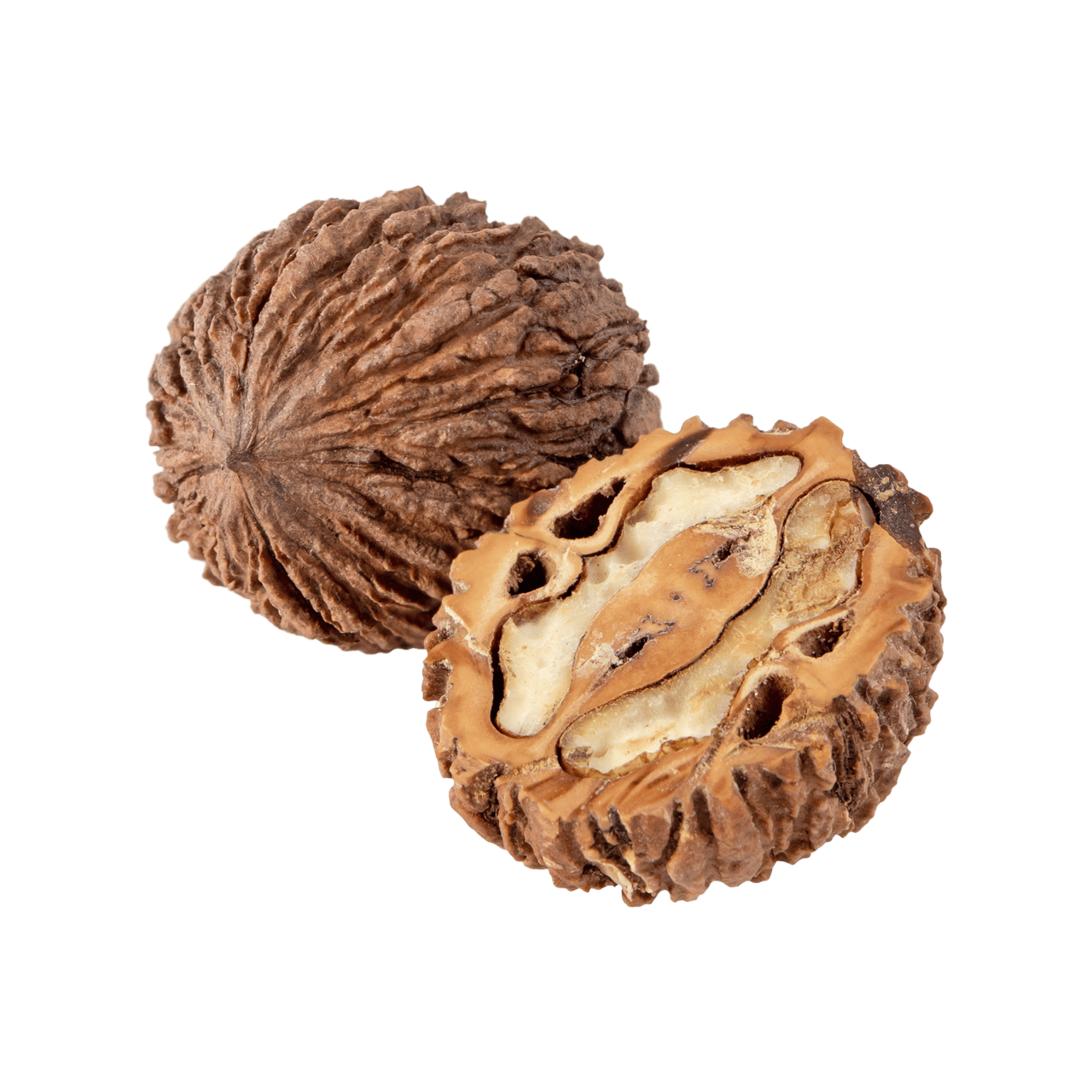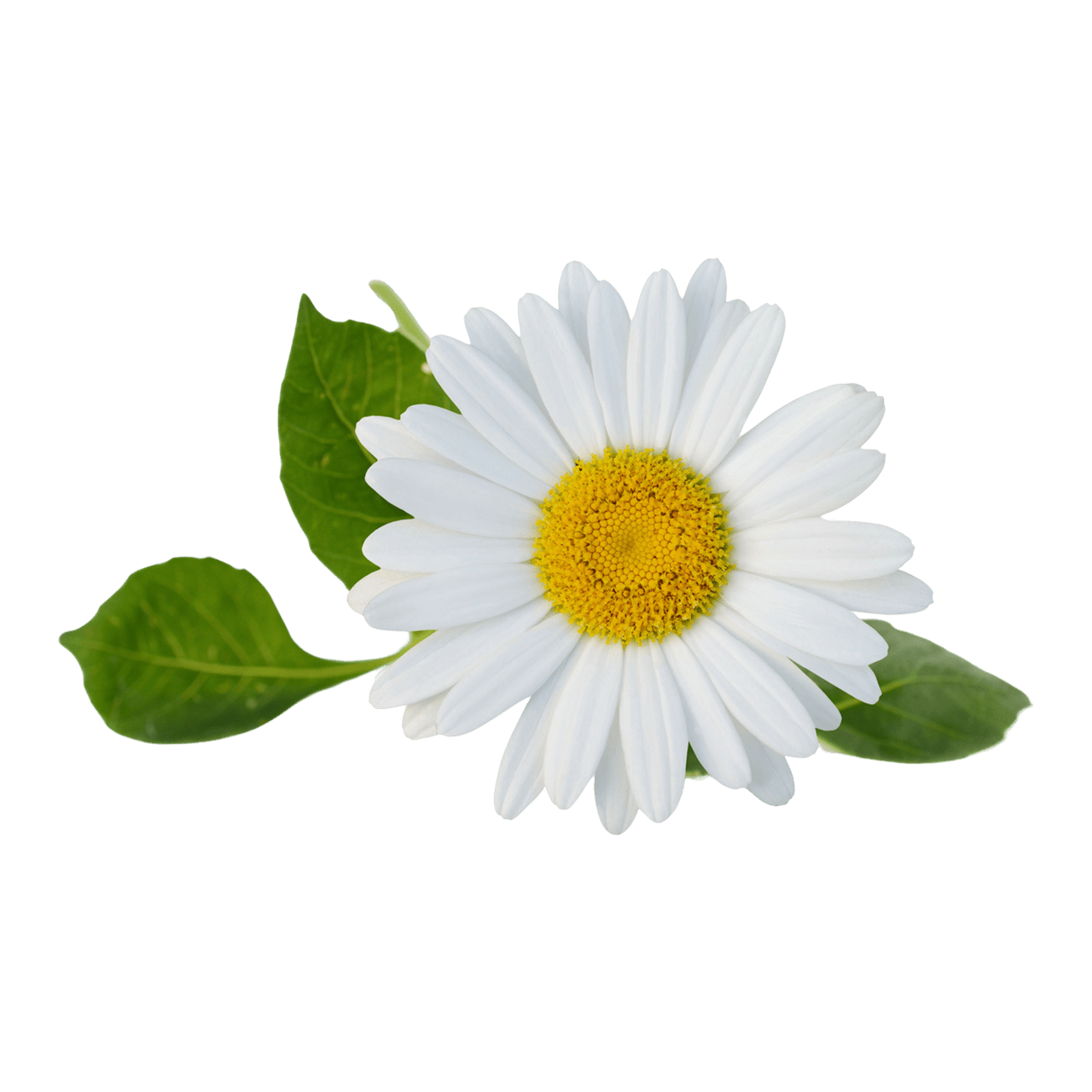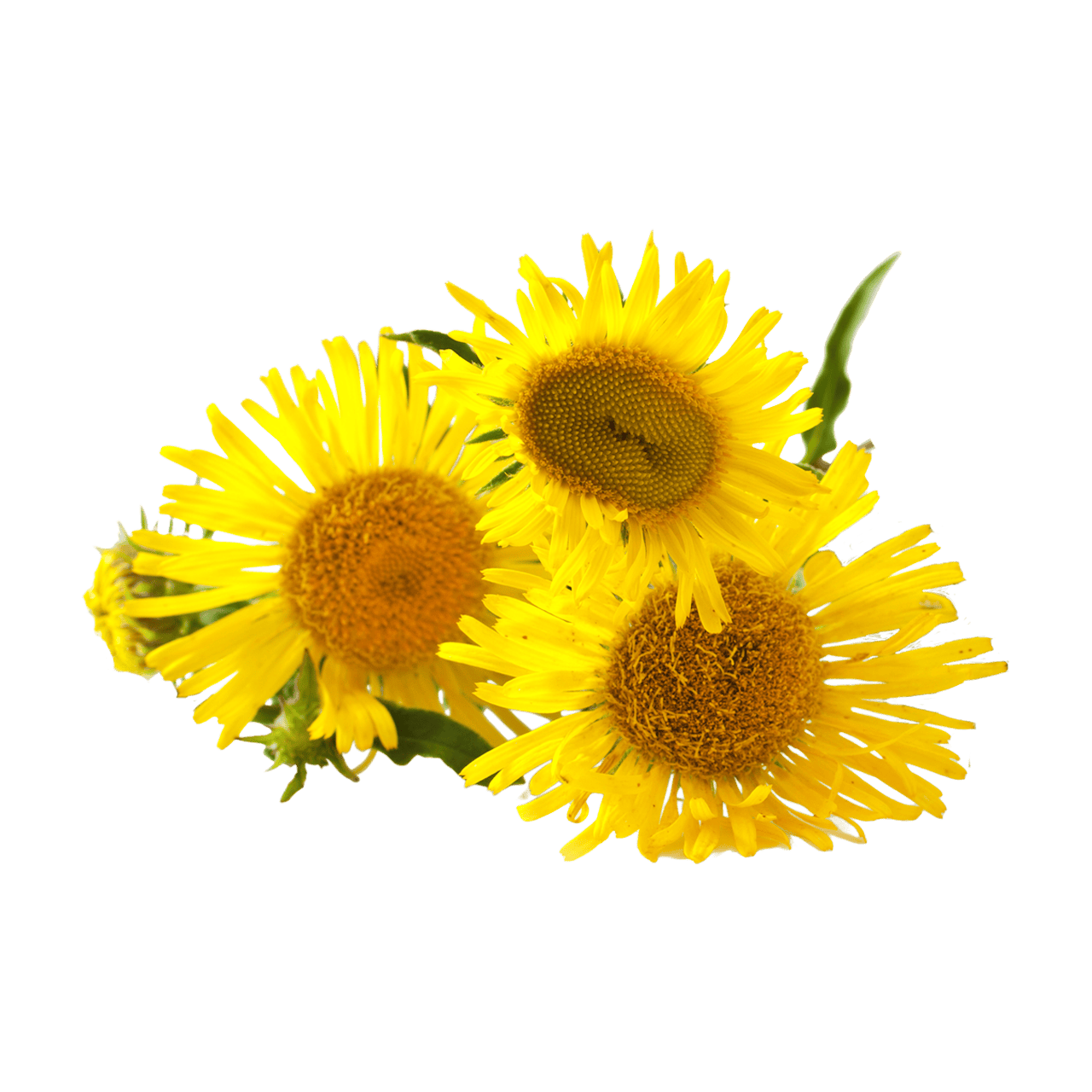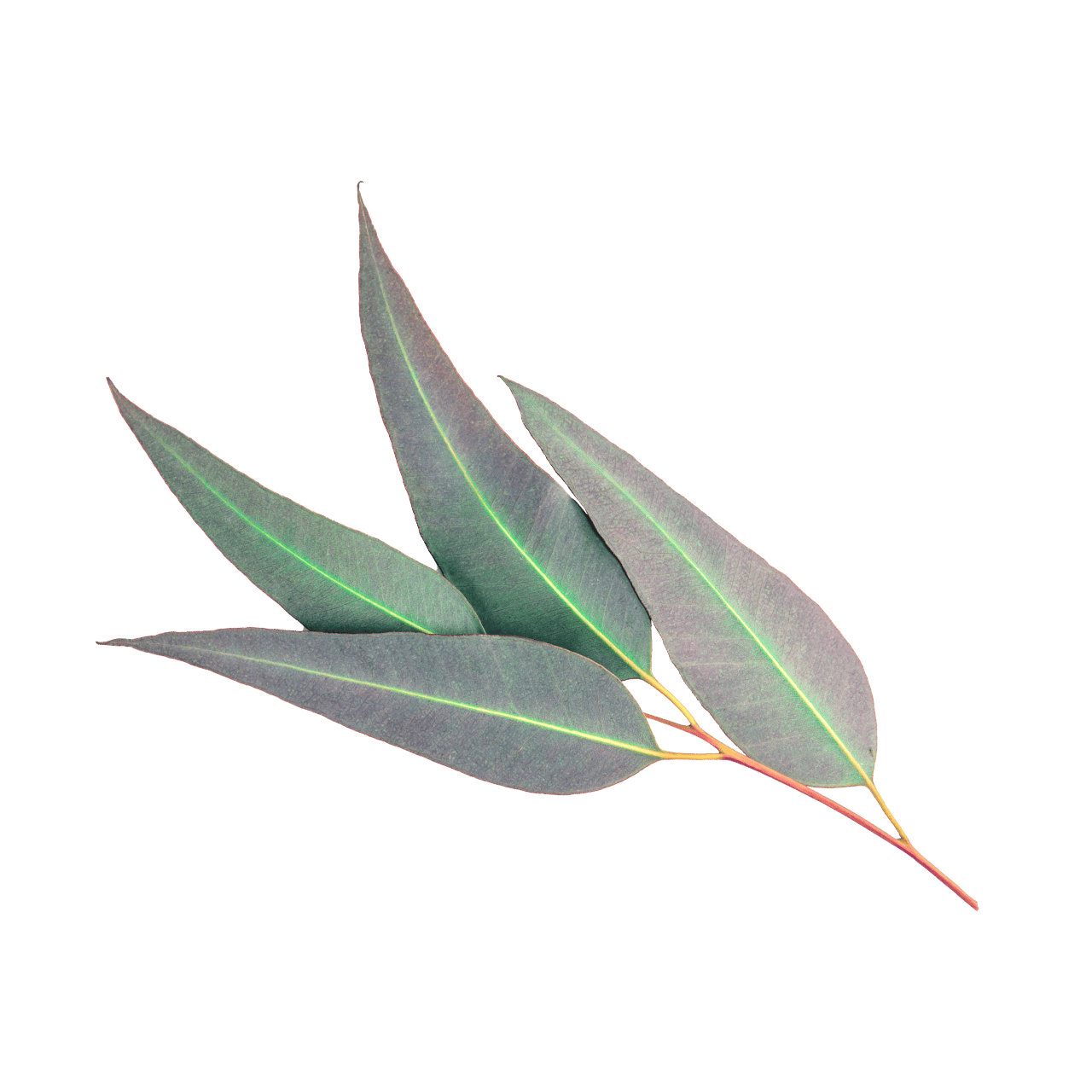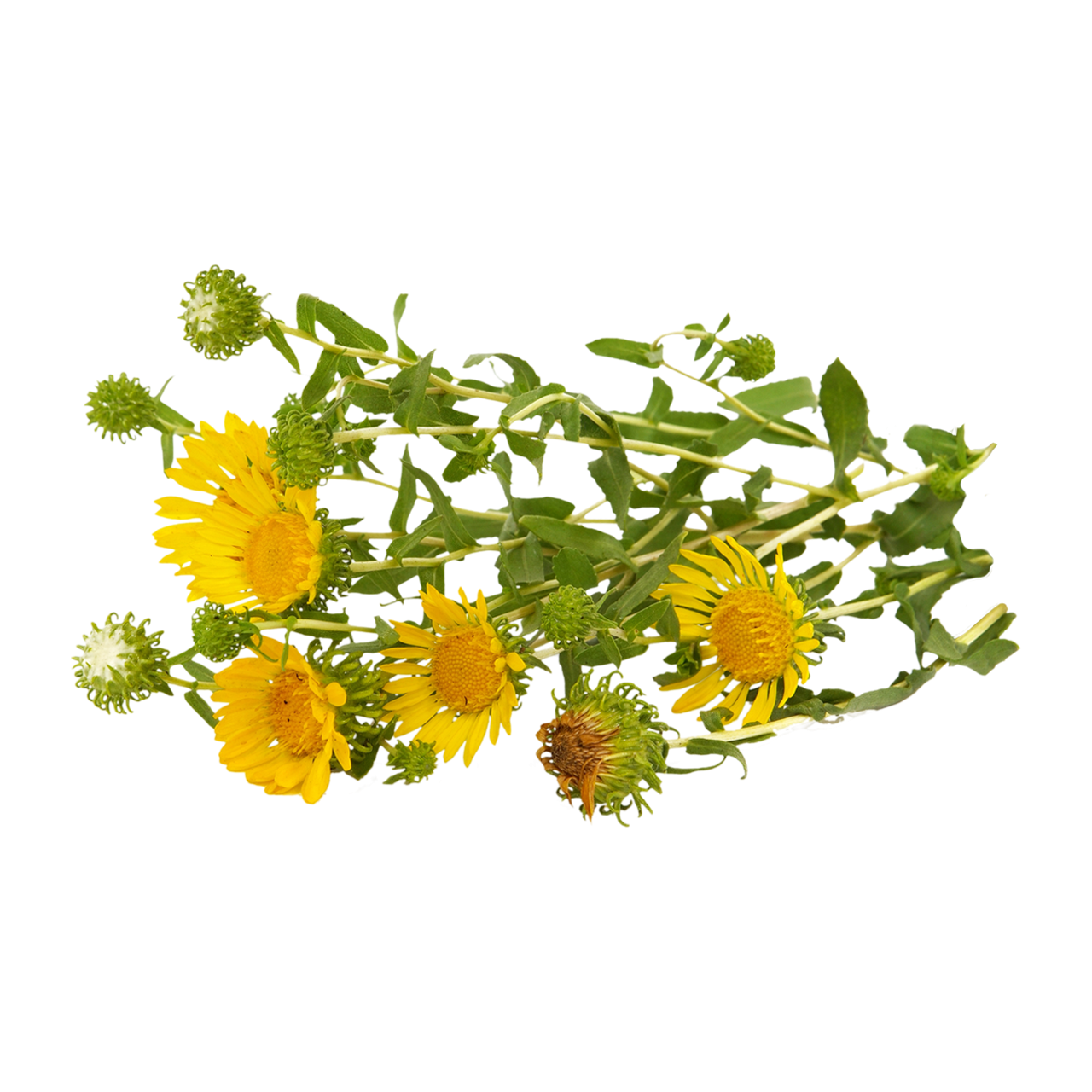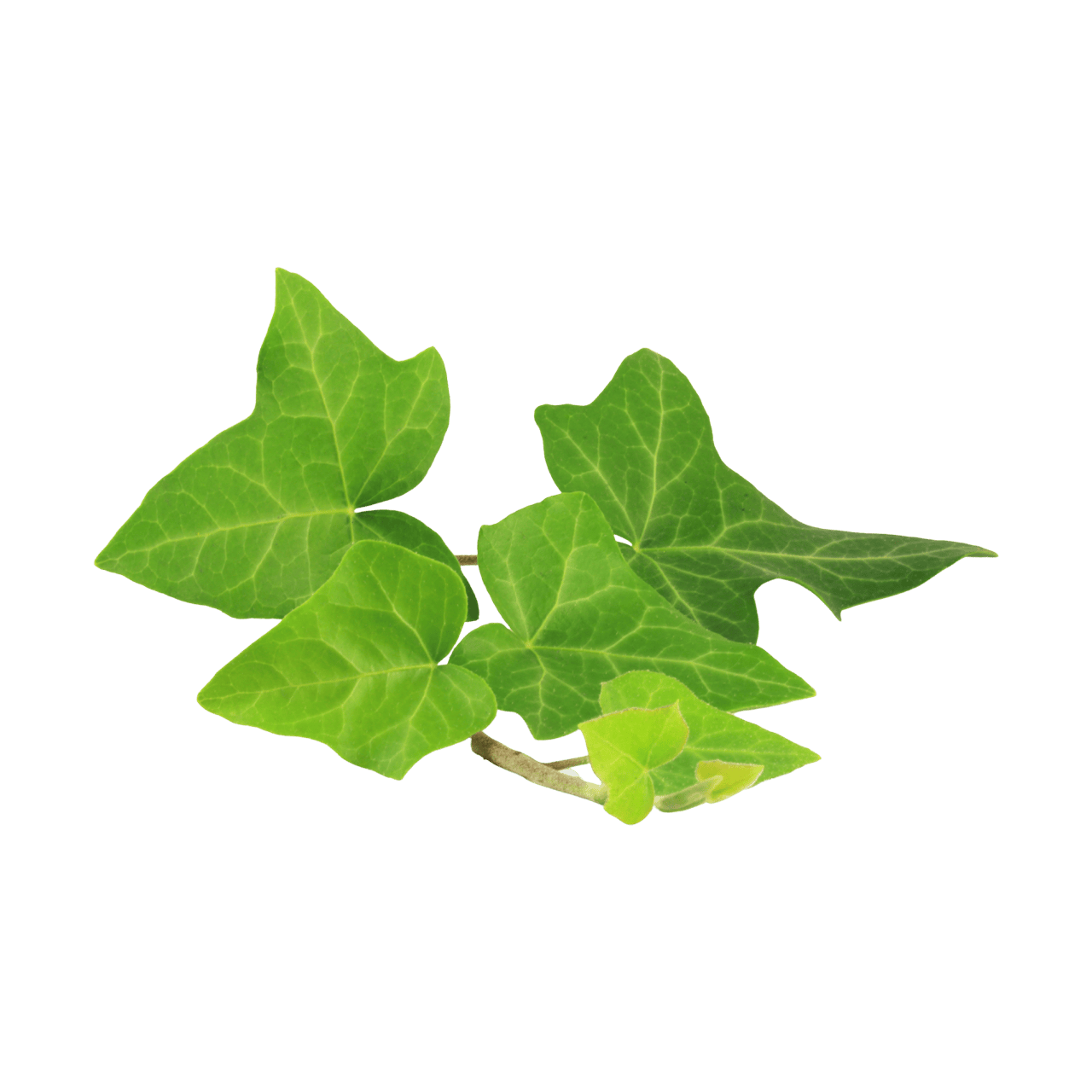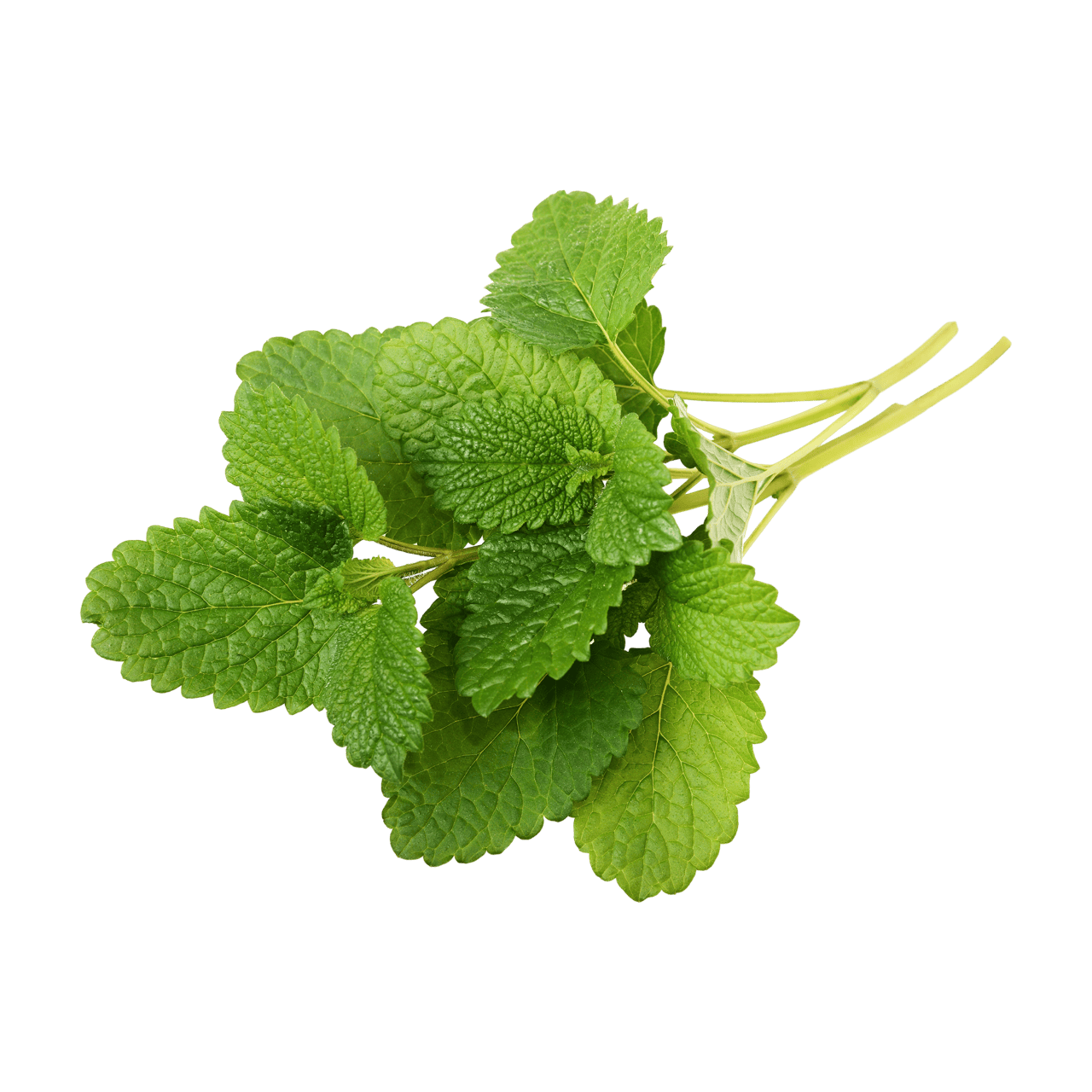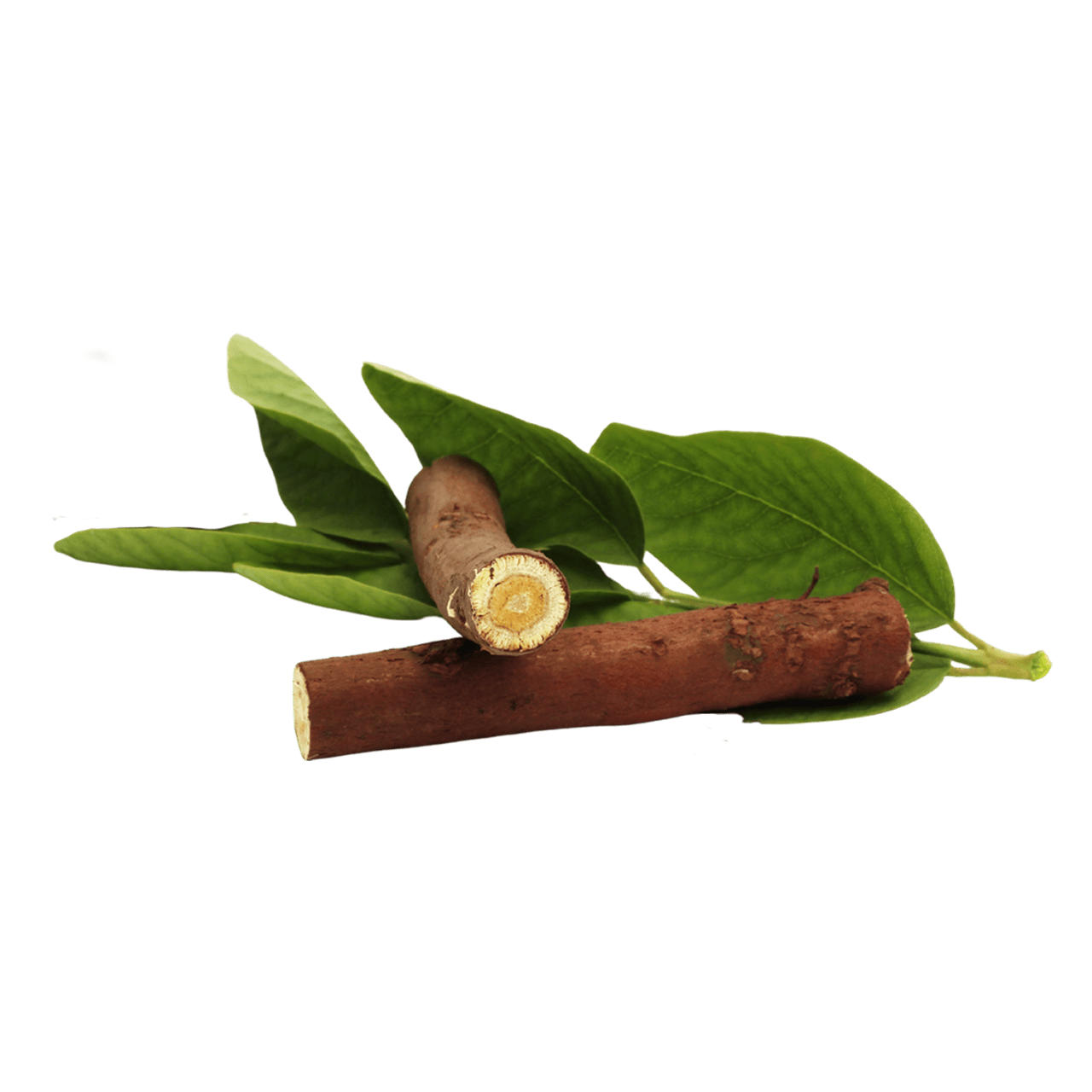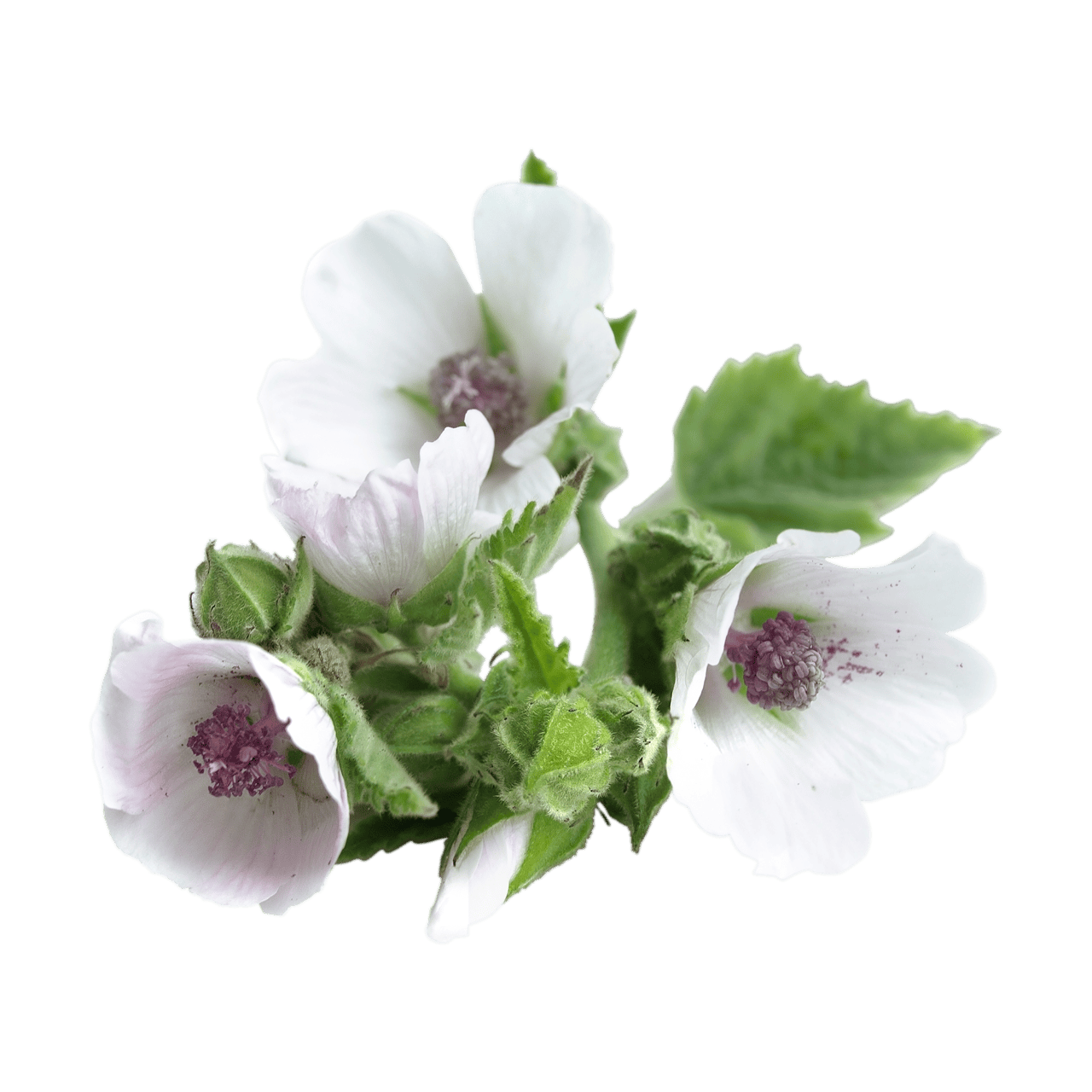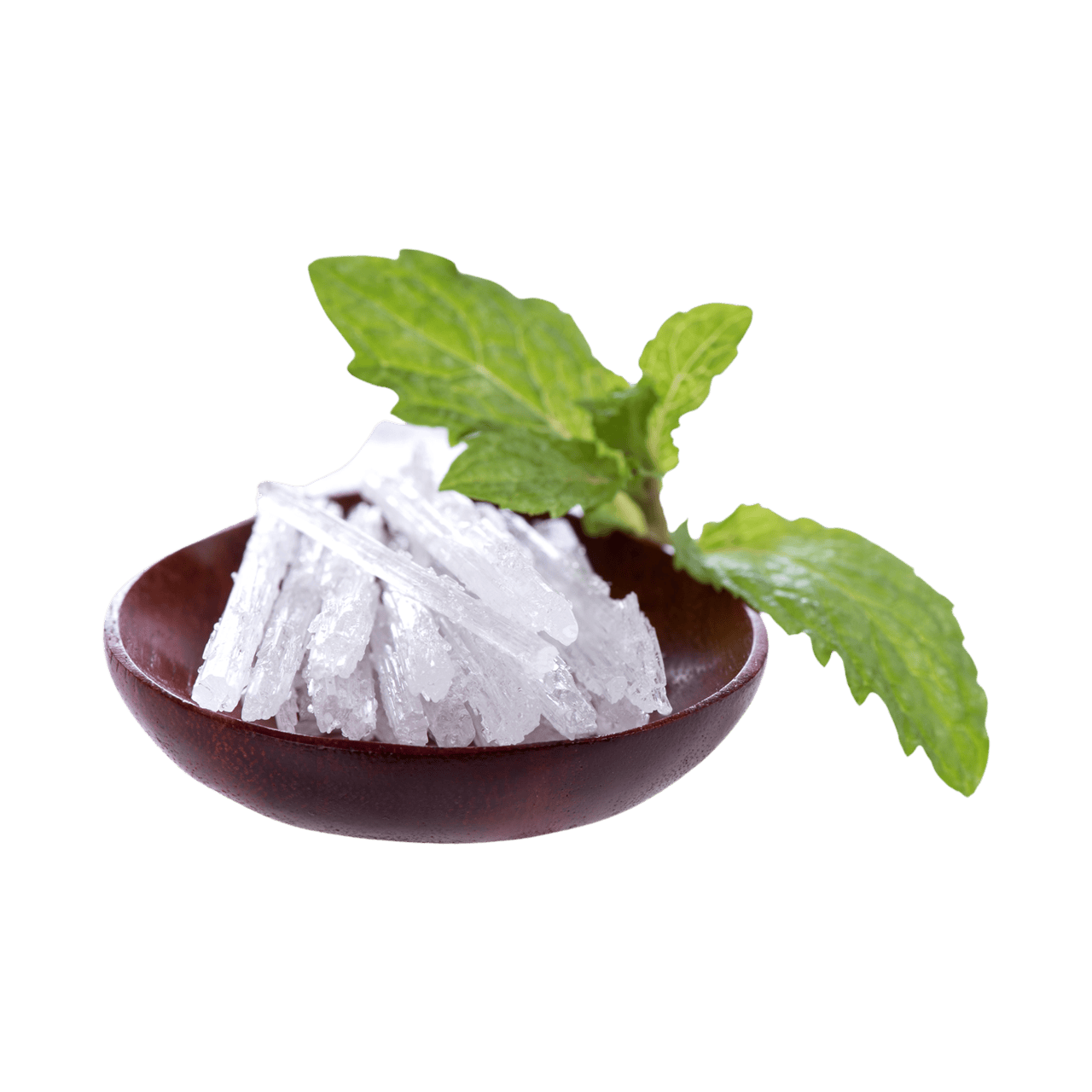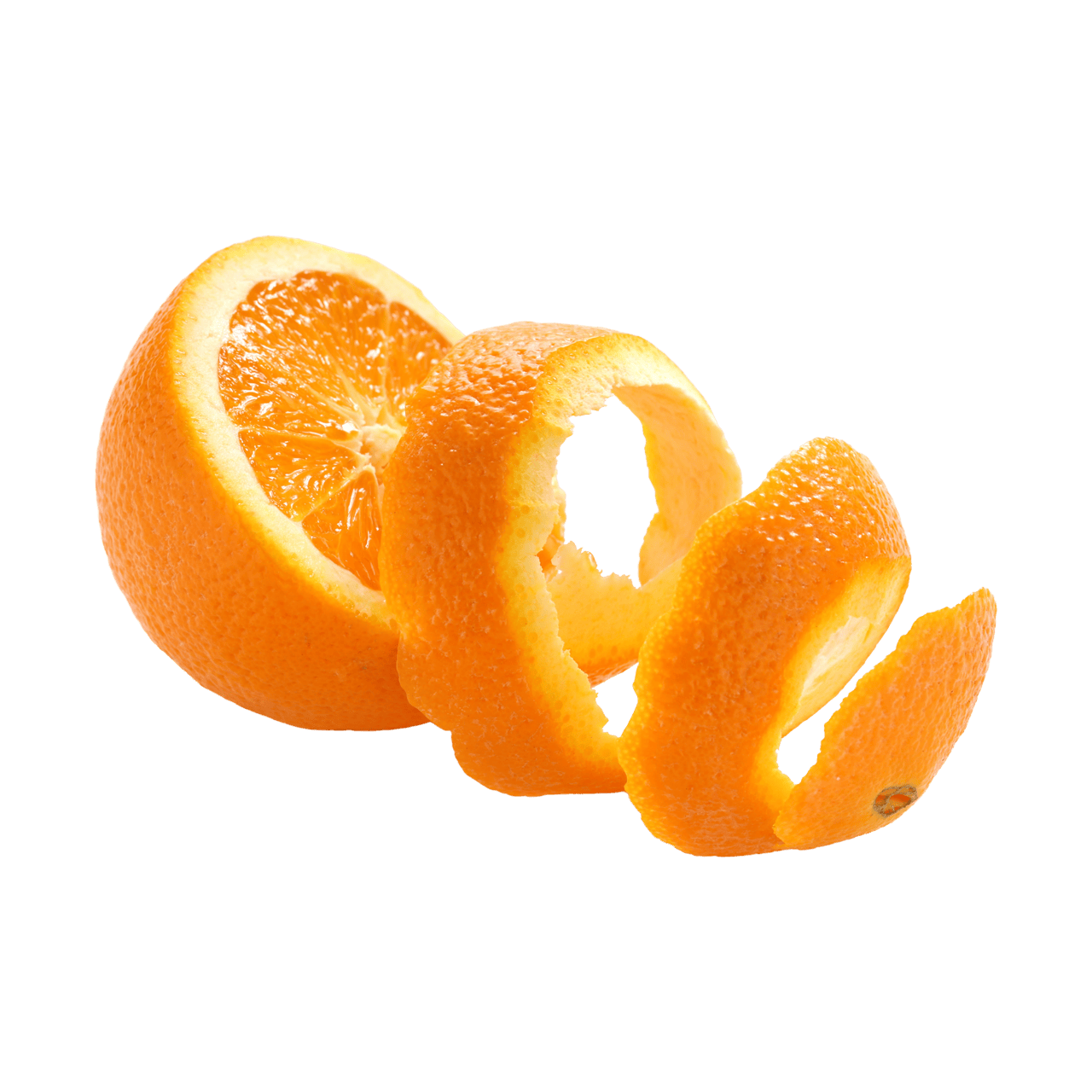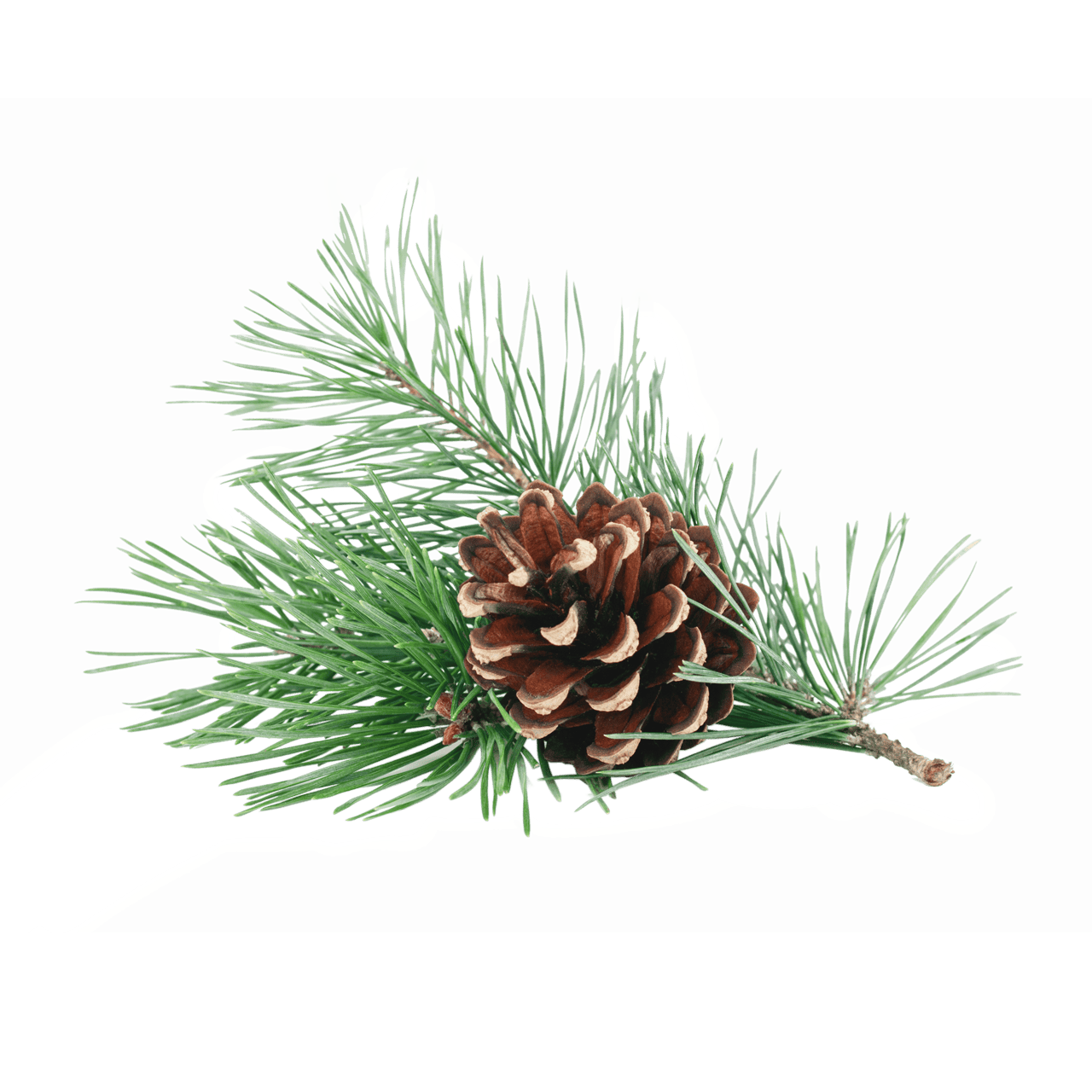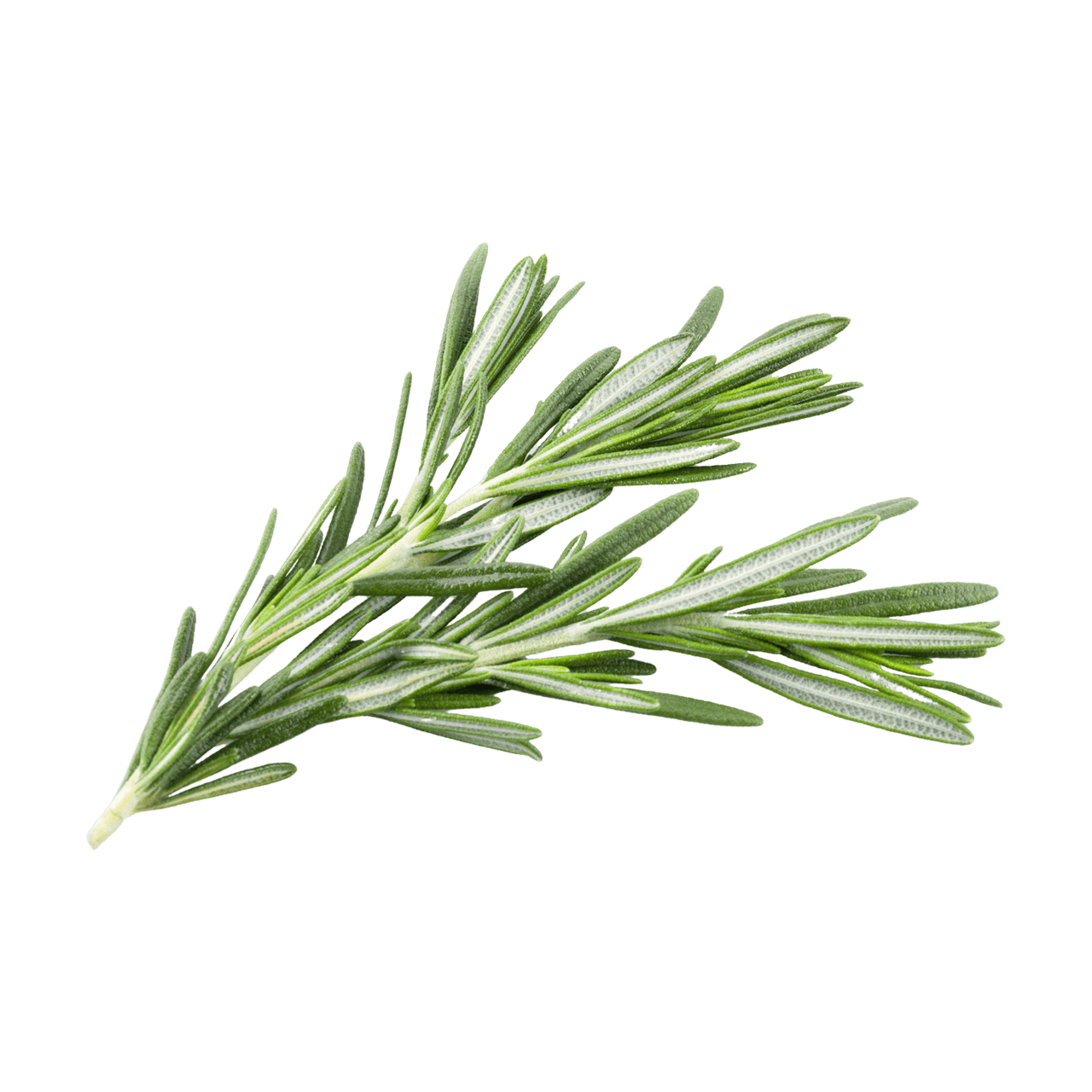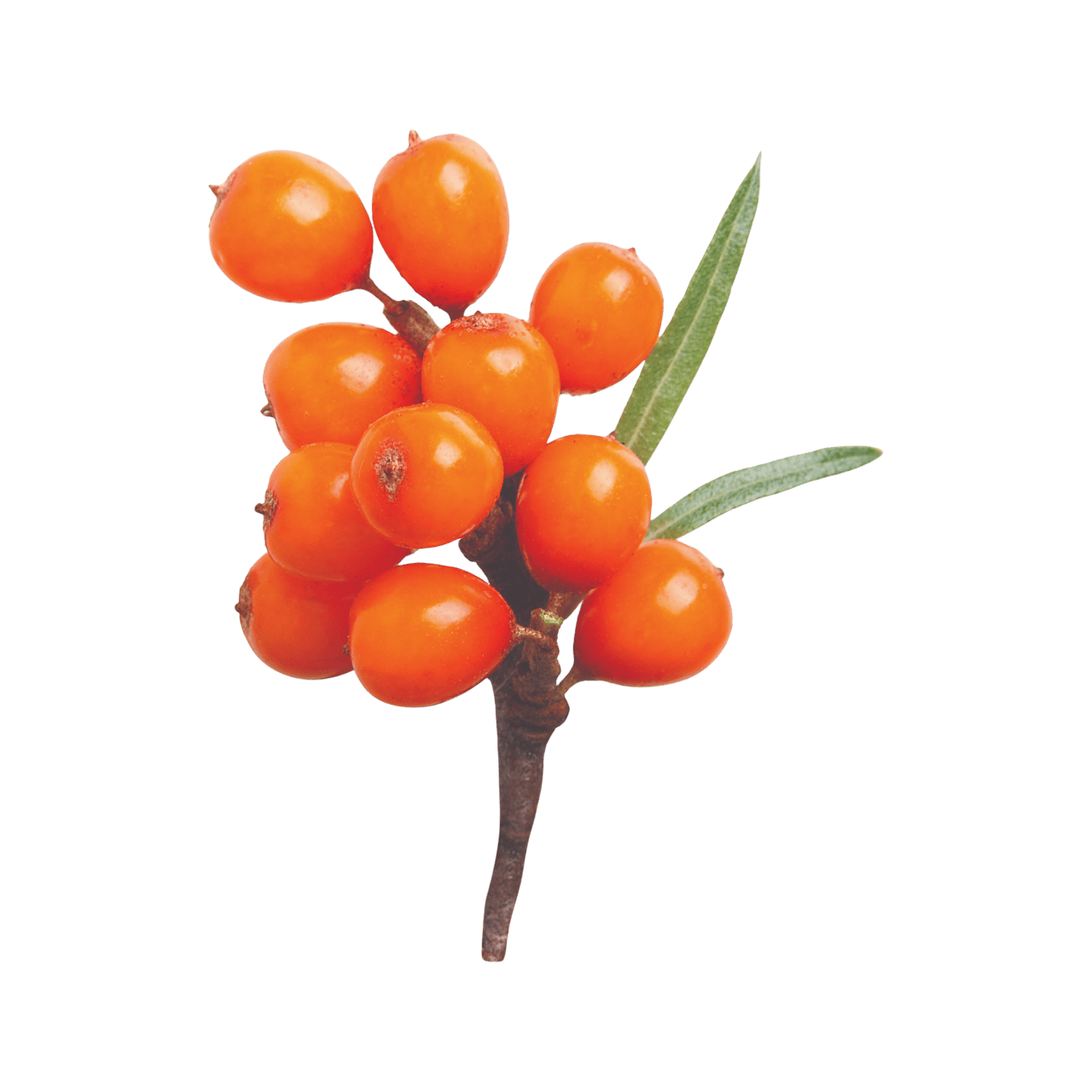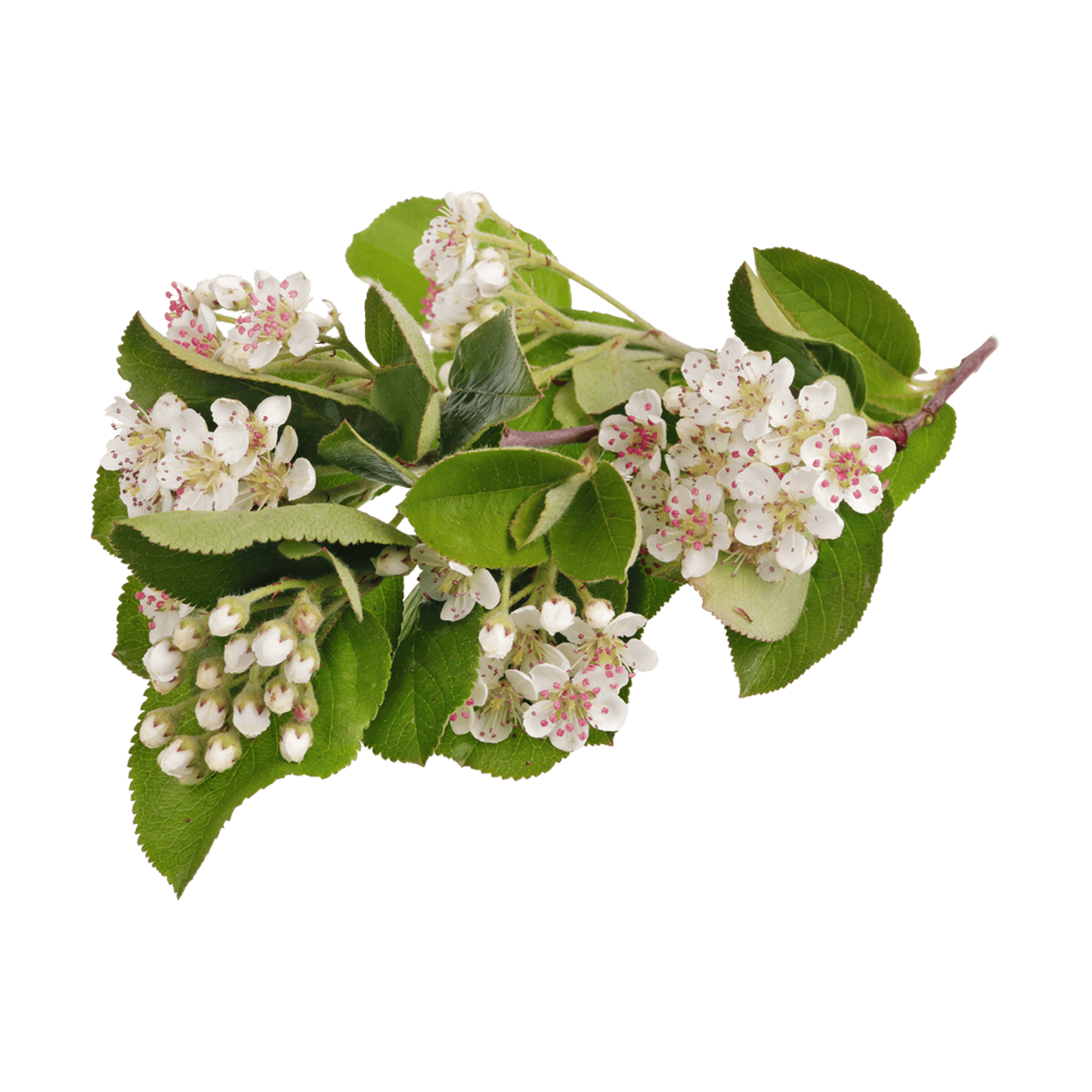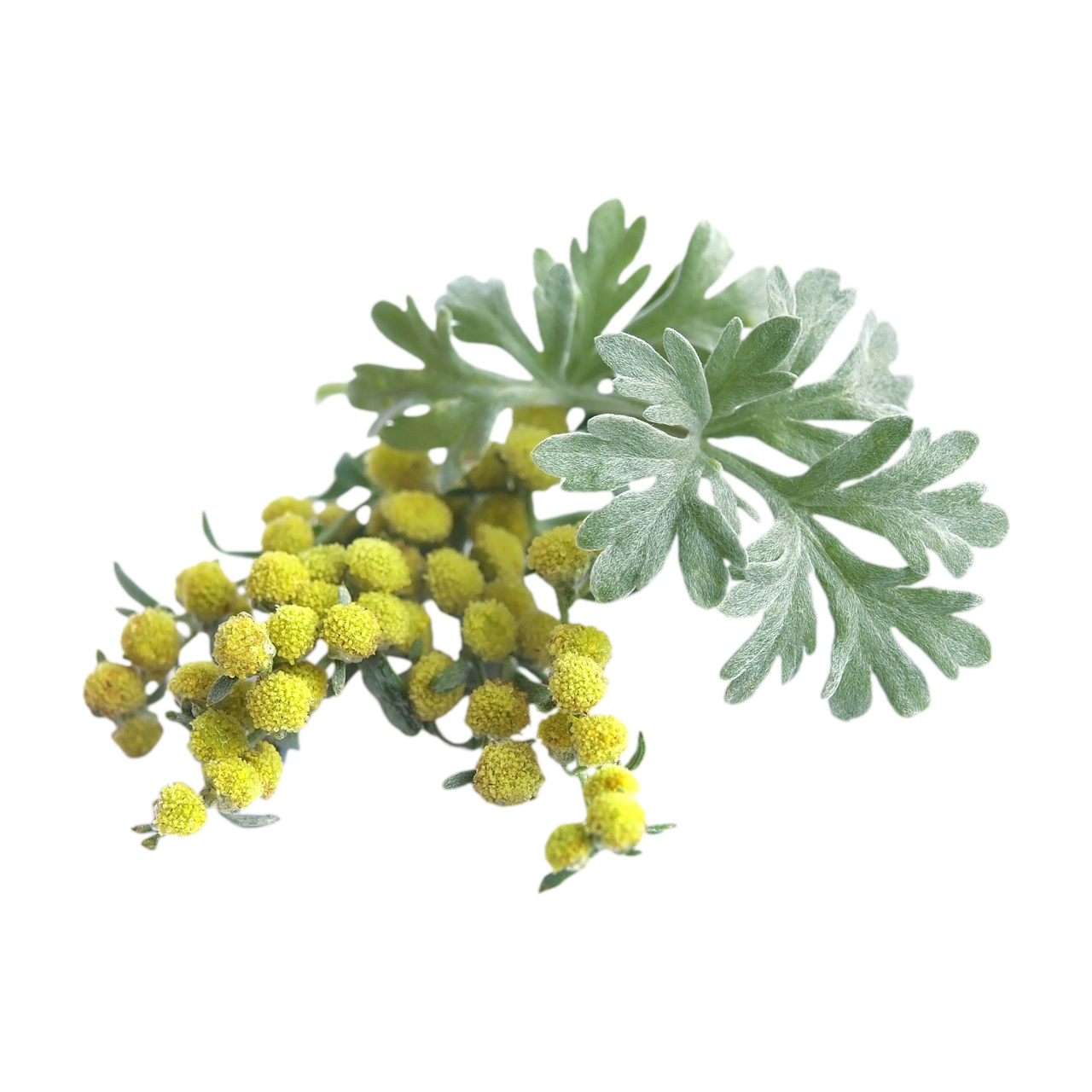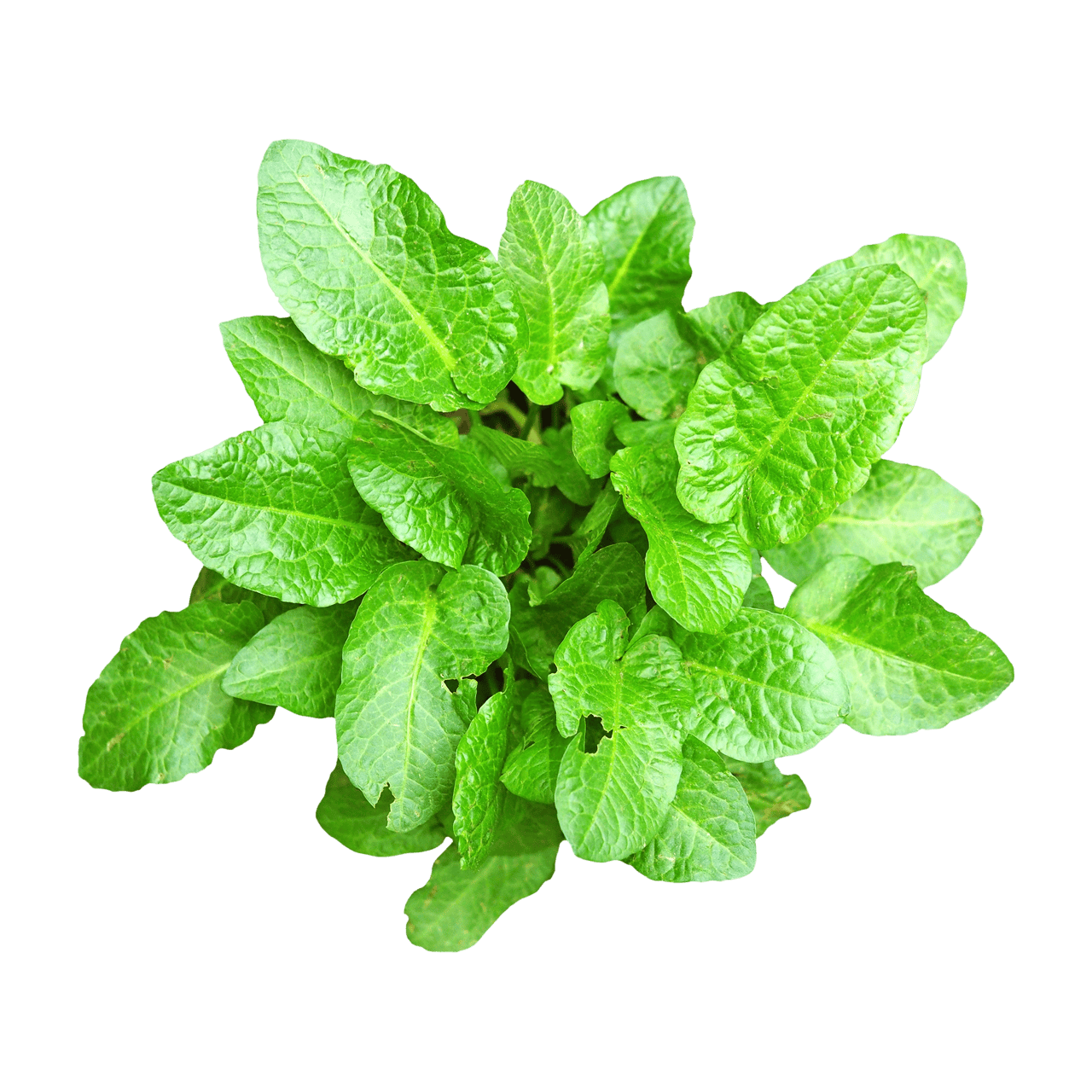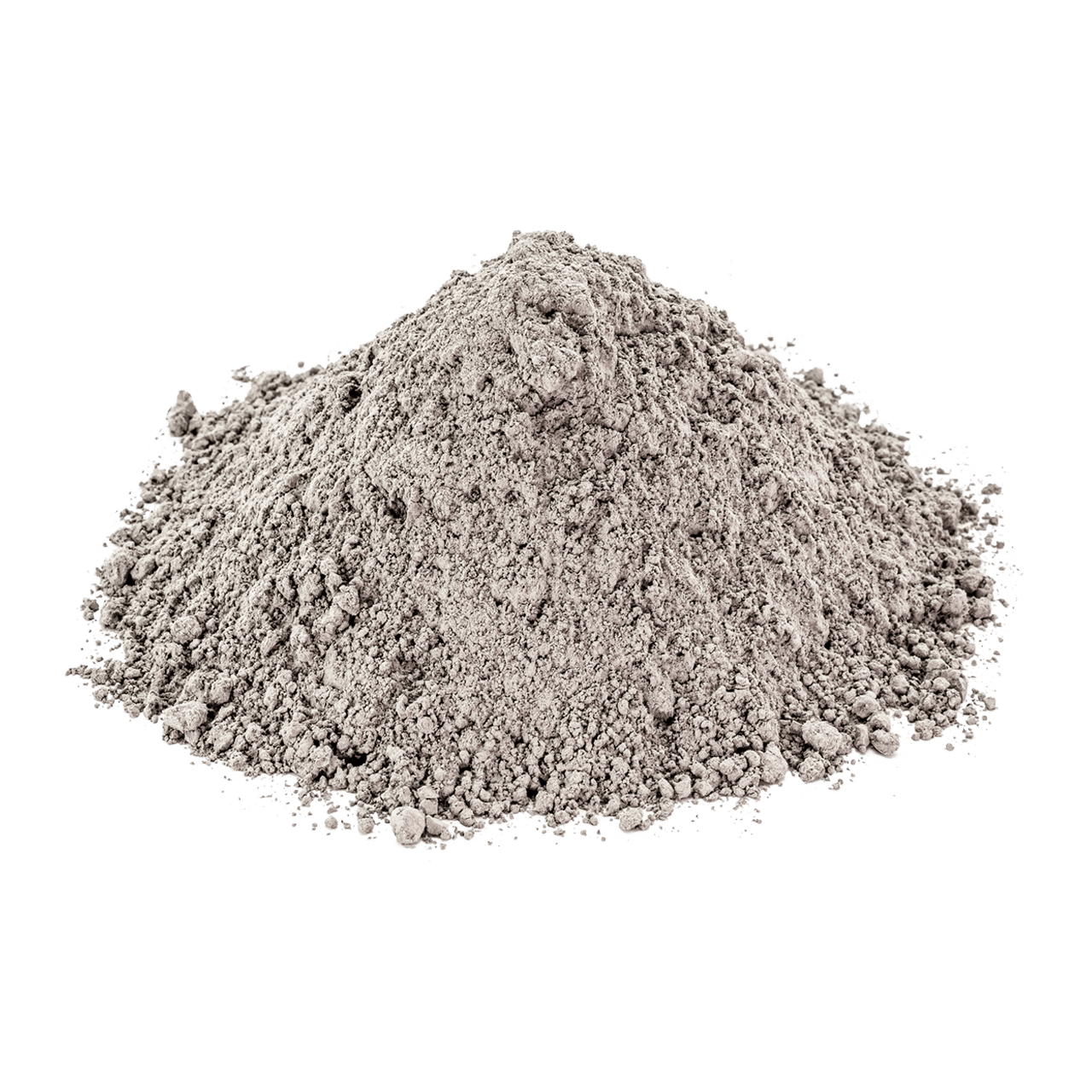Our Commitment to Exceptional Herbal Sourcing.
For over 40 years, we’ve built trusted relationships with the world’s most respected growers and suppliers—partners who share our unwavering commitment to quality, integrity, and sustainability. We work exclusively with those who uphold rigorous quality checks and share our values around ethical sourcing and premium ingredients.
We know that not all natural ingredients are created equal. The potency and purity of botanicals are shaped by everything from soil quality to rainfall patterns to harvesting methods. That’s why we search the globe for herbal ingredients grown in the most optimal conditions, ensuring each plant delivers its full therapeutic potential. Most of our selected suppliers are from Europe.
Every ingredient we use is carefully selected to meet our exacting standards—because what we put into our formulas matters as much as what you get out of them.
- Clinically researched ingredients for proven efficacy
- 3rd party tested for heavy metals and pesticides
- Verified for authenticity and purity
As far back as Egyptian times, Aloe vera has been used to treat wounds, burns and minor skin conditions.
Featured in:
Learn more
Arnica is well known for its soothing properties and is widely used to support muscle and joint strains, bruises and injuries.
Featured in:
Learn more
Aronia berry is rich in polyphenols and anthocyanins, which provide antioxidant support.
Featured in:
Learn more
Traditionally used to support the nervous system, especially to manage stress, sleep, cortisol balance and overall nervous system health.
Featured in:
Learn more
Avocadoflex® is a plant-based extract from avocado and soy unsaponifiables (ASUs).
Featured in:
Learn more
Berberine, from Barberry root, supports healthy blood glucose metabolism.
Featured in:
Learn more
Propolis is a mixture of beeswax and other oils and resins collected by bees and used in the construction of the beehive and in preserving honey and other perishables.
Featured in:
Learn more
Beeswax is a secreted clear oily solution used by worker bees to build the honeycomb cells.
Featured in:
Learn more
Elderberries have an impressive antioxidant profile, containing quercetin and anthocyanins, two notable compounds that help fight oxidative stress.
Featured in:
Learn more
Boswellia is traditionally used to support joint comfort and mobility.
Featured in:
Learn more
Celtic sea salt has a unique mineral composition, with naturally occurring minerals and trace elements including selenium, potassium, iodine, calcium and magnesium.
Featured in:
Learn more
Chamomile is scientifically researched to relieve digestive upsets, especially in babies and children.
Featured in:
Learn more
Chaste Tree has a long history of use in traditional Western herbal medicine for female hormonal balance.
Featured in:
Learn more
Scientific research has shown that clary sage can help manage symptoms of menopause, such as hot flushes and night sweats.
Featured in:
Learn more
Widely used in Chinese medicine to support increased energy, endurance to stress and boost vitality.
Featured in:
Learn more
Used as a medicinal herb for 2000 years, the oil of the dill seeds has carminative properties.
Featured in:
Learn more
Primarily used to support immune function, especially where sinus health or respiratory health is compromised.
Featured in:
Learn more
The flowers of Sambucus nigra are rich in flavonoids and antioxidants which support the immune system.
Featured in:
Learn more
A wonderful herb for respiratory health, especially a productive cough where it thins and loosens excess mucus in the lungs and airways.
Featured in:
Learn more
A study in the Clinical Microbiology Reviews highlight the antimicrobial potential of eucalyptus oil against respiratory pathogens.
Featured in:
Learn more
Quercus robur is rich in polyphenols called ellagitannins, it helps the body respond to fatigue and supports natural cellular renewal, including mitochondrial function.
Featured in:
Learn more
Giant kelp is a nutrient dense superfood. Not only does it have a particularly high iodine content, giant kelp is rich in vitamins, minerals, antioxidants and alginates (a form of dietary fibre).
Featured in:
Learn more
Ginkgo biloba has been traditionally used to support memory and cognitive function.
Featured in:
Learn more
Globe Artichoke is traditionally used to support digestion and liver health.
Featured in:
Learn more
Gotu Kola is a traditional herb used to support connective tissue repair and healthy circulation.
Featured in:
Learn more
Gymnema may help reduce the desire for sweet foods and support healthy pancreatic function and insulin response.
Featured in:
Learn more
Clinical research shows hops improve sleep quality and deep sleep, with studies also indicating anxiety-reducing effects.
Featured in:
Learn more
Adhatoda is used extensively in Ayurvedic and Chinese medicine to open the airways and support respiratory function.
Featured in:
Learn more
Iron is an important component of hemoglobin, the substance in red blood cells that carries oxygen from the lungs around the body.
Featured in:
Learn more
The common ivy leaf is one of the most popular herbs world-wide to support respiratory health with numerous scientific studies supporting its use.
Featured in:
Learn more
Native to New Zealand, Kumarahou has been used in traditional Maori medicine to treat various ailments, including respiratory and digestive complaints skin conditions.
Featured in:
Learn more
Lanolin anhydrous is also known as wool wax or wool grease and is used by sheep to protect the wool and skin against environmental factors and keep the skin clean.
Featured in:
Learn more
A member of the mint family, Lemon Balm has traditionally been used as a mild sedative to calm the nervous system and to support restful sleep.
Featured in:
Learn more
One of the most widely used and trusted herbs in traditional medicine, licorice is also available in Germany as an over-the-counter medicine.
Featured in:
Learn more
Lion's Mane is a functional mushroom traditionally used to support cognitive and nervous system health.
Learn more
Mandarin oil supports the secretion of digestive enzymes which help break down food more effectively.
Featured in:
Learn more
Manuka honey is unique to New Zealand and renowned for its high levels of methylglyoxal (MGO), the factor scientifically researched for its potent antimicrobial activity.
Featured in:
Learn more
Marshmallow is most commonly used to ease sore throats and dry coughs.
Featured in:
Learn more
A key ingredient in our respiratory tonics, menthol crystals are derived from distilling and freezing the oils in peppermint and other mint varieties.
Featured in:
Learn more
Milk Thistle has a long history of traditional use to support liver function.
Featured in:
Learn more
Used traditionally as an expectorant, Mullein also contains compounds scientifically researched to soothe inflammation in the respiratory tract.
Featured in:
Learn more
Olive leaf is naturally rich in oleuropeins, a compound scientifically researched to support immune health, blood sugar balance and cardiovascular health.
Featured in:
Learn more
OXIFEND® Throatsoother is a proprietary New Zealand formula of blackcurrant and grape seed extracts.
Featured in:
Learn more
A top choice of herbalists to calm and relax the nervous system, scientists believe that passionflower works by increasing levels of a chemical called gamma aminobutyric acid (GABA) in the brain.
Featured in:
Learn more
Germinating pea shoots (Pisum sativum L.) designed to support the hair growth cycle by acting at the follicle level.
Featured in:
Learn more
A species of South African geranium scientifically researched to support the immune response to irritation and congestion of the sinuses, throat and bronchial airways.
Featured in:
Learn more
Persimmon is rich in polyphenols, known in studied for its support of post-meal blood glucose balance. It may assist carbohydrate metabolism.
Featured in:
Learn more
"In various cultures, pine needles were boiled to produce steam for inhalation, which helps clear nasal passages and support chests clogged with stubborn mucus.
"
Featured in:
Learn more
Pomegranates are packed with antioxidants, including punicalagins and anthocyanins, which help protect cells from damage caused by free radicals. Pomegranates are a good source of vitamin C, vitamin K, folate, and potassium.
Featured in:
Learn more
Resihi mushrooms have a long history of use in traditional Chinese medicine, used to support the immune system, relax the mind and support mental clarity.
Featured in:
Learn more
A member of the plantain family, Ribwort grows widely in many countries as a weed but is highly edible.
Featured in:
Learn more
Saffron contains bioactive compounds such as crocin, crocetin and safranal which are believed to influence neurotransmitter activity, particularly serotonin and dopamine.
Featured in:
Learn more
Salvia officinalis (Sage) has been studied for its support of memory performance.
Featured in:
Learn more
Schisandra is a Traditional Chinese Medicine adaptogen used to support the body's natural resistance to stress.
Featured in:
Learn more
Sea buckthorn berries are one of the best sources of naturally occurring Vitamin C.
Featured in:
Learn more
Shatavari (Asparagus racemosus) is an adaptogenic herb traditionally used in Ayurvedic practice to support hormonal balance, vitality, and female reproductive health.
Featured in:
Learn more
An adaptogenic herb used extensively in traditional Chinese medicine (TCM) to support long term exposure to stress, endurance and stamina.
Featured in:
Learn more
A member of the mint family, there are two types of commonly used Skullcap – American and Chinese.
Featured in:
Learn more
The polysaccharides in Astragalus are known for their immune supporting properties which promote healthy levels of specific immune cells and how they function.
Featured in:
Learn more
Thyme has a long history of traditional use for respiratory tract conditions including sore throats and coughs, helping to remove excess mucus from the airways.
Featured in:
Learn more
Turmeric is a product of Curcuma longa, a rhizomatous herbaceous perennial plant belonging to the ginger family Zingiberaceae, which is native to tropical South Asia.
Featured in:
Learn more
This beautiful perennial plant has been used to support sleep, overwhelm and worry since the second century A.D.
Featured in:
Learn more
Traditionally used in cough syrups to suppress dry, hacking coughs, dry mucus and as a mild sedative.
Featured in:
Learn more
A study published in Phytomedicine demonstrated that wormwood significantly reduced the parasite burden in animals, suggesting its potential as a natural treatment for intestinal parasites. Wormwood contains bitter compounds like absinthin and anabsinthin which have anti-parasitic properties as well as thujone, known for its antiparasitic properties and is found in wormwood oil. These bitter compounds stimulate the digestive juices and bile, which helps expel parasites.
Featured in:
Learn more
The anthraquinones in yellow dock have mild laxative effects, promoting bowel movements.
Featured in:
Learn more
Zinc is an essential mineral required for the activity of over 100 enzymes and supports immune health, wound healing and cell division.
Featured in:
Learn more
Jujubosides and flavonoids in Zizyphus interact with neurotransmitters in the brain, particularly the GABAergic system.
Featured in:
Learn more
